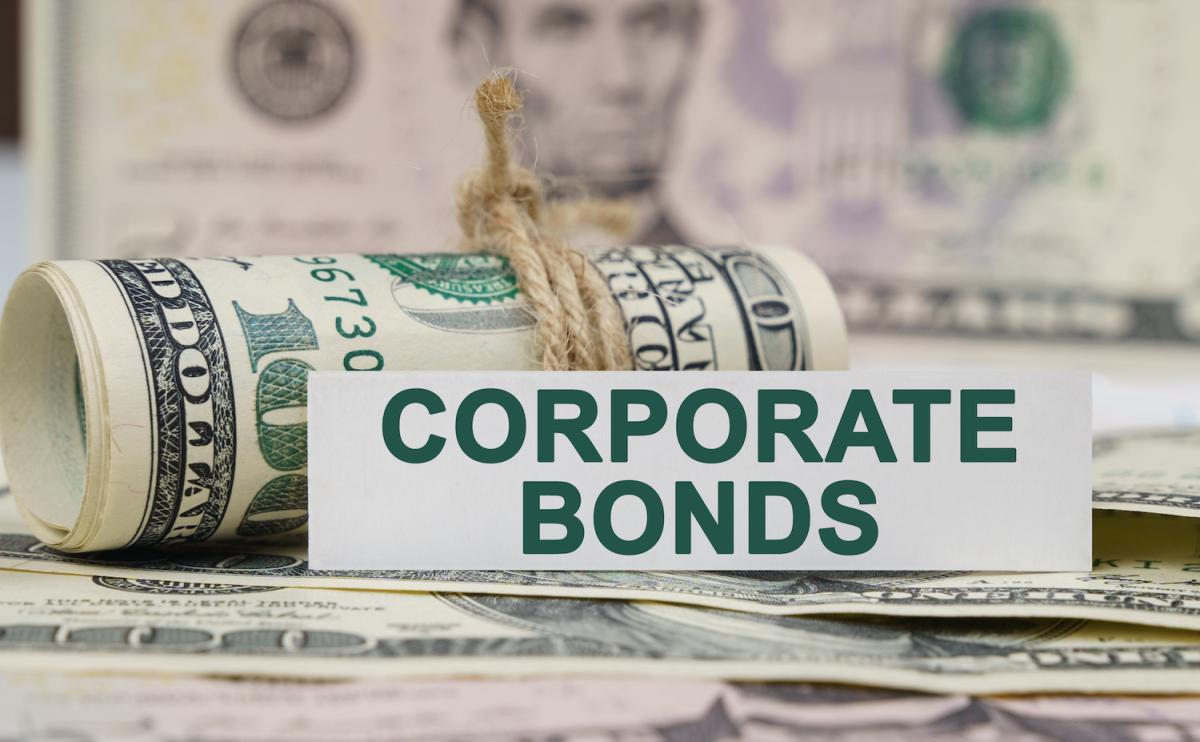What is meant by corporate bond?
A corporate bond is a debt security issued by a corporation to raise capital. When a company needs funds for various purposes, such as expansion, research and development, or debt refinancing, it may choose to issue bonds to investors. In essence, when you buy a corporate bond, you are lending money to the company in exchange for periodic interest payments and the return of the principal amount at the bond's maturity.
Here are some key features of corporate bonds:
Issuer:
- The company or corporation issuing the bond is known as the issuer.
Face Value/Par Value:
- This is the nominal or stated value of the bond, representing the amount the issuer agrees to repay the bondholder at maturity.
Coupon Rate:
- The coupon rate is the fixed or variable interest rate that the issuer agrees to pay the bondholder, usually on an annual or semi-annual basis. The term "coupon" refers to the historical practice of physically clipping interest coupons from paper bonds to redeem them.
Maturity Date:
- This is the date on which the issuer repays the principal amount to the bondholders. Corporate bonds can have short-term (less than one year), medium-term (one to ten years), or long-term (more than ten years) maturities.
Yield:
- The yield is the annual rate of return on a bond, taking into account its current market price. It's expressed as a percentage and is influenced by factors such as the coupon rate, current interest rates, and the time remaining until maturity.
Credit Rating:
- Bond issuers are assigned credit ratings by credit rating agencies, such as Moody's, Standard & Poor's, and Fitch. These ratings reflect the issuer's creditworthiness and help investors assess the risk associated with a particular bond.
Market Price:
- The market price of a corporate bond can fluctuate based on various factors, including changes in interest rates, the issuer's financial health, and market conditions.
Investors may choose corporate bonds as part of their investment portfolios for income generation and diversification. However, it's important to note that corporate bonds come with risks, including interest rate risk, credit risk (the risk of the issuer defaulting on payments), and market risk. Investors should carefully consider their risk tolerance and investment goals before investing in corporate bonds.
Q.A :
Is corporate bond better than FD?
- The choice between a corporate bond and a fixed deposit (FD) depends on factors like risk tolerance, return objectives, and investment horizon. Corporate bonds may offer potentially higher returns but come with higher risk, while FDs provide a more stable, lower-risk option with fixed returns.
Are corporate bonds worth buying?
- It depends on your risk tolerance and investment goals. Corporate bonds offer potential for higher returns but come with risks, so careful consideration is advised.
What are the disadvantages of corporate bonds?
- Default risk, interest rate sensitivity, and market fluctuations are common disadvantages of corporate bonds.
How can I buy corporate bonds directly?
Invest in 4 Simple Steps
- Contact a broker or use an online trading platform to purchase corporate bonds directly from the bond market.
- COMPLETE KYC. Upload your documents online.
- CHOOSE BONDS. Select bonds that match your investment goal.
- MAKE INVESTMENT. Pay online and receive bond units in your demat account.
We hope that you like this content and for more such content Please follow us on our social site and YouTube and subscribe to our website.
Manage your business cash flows and payable/receivables using our Bahi Khata App
